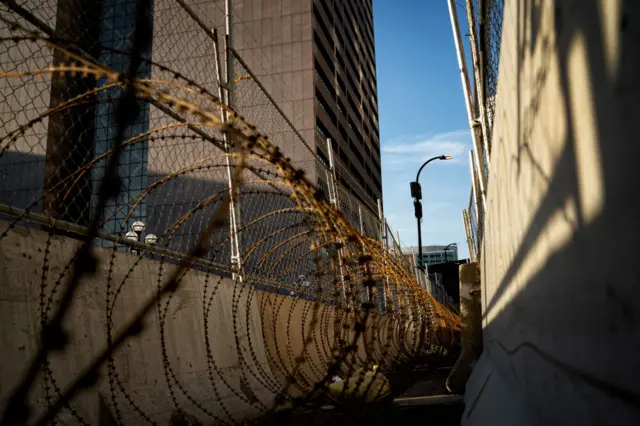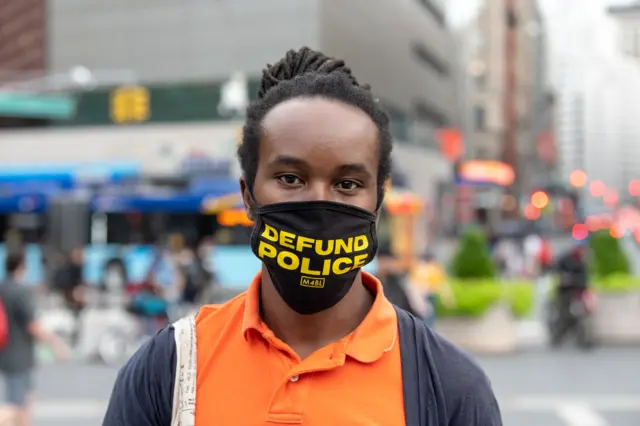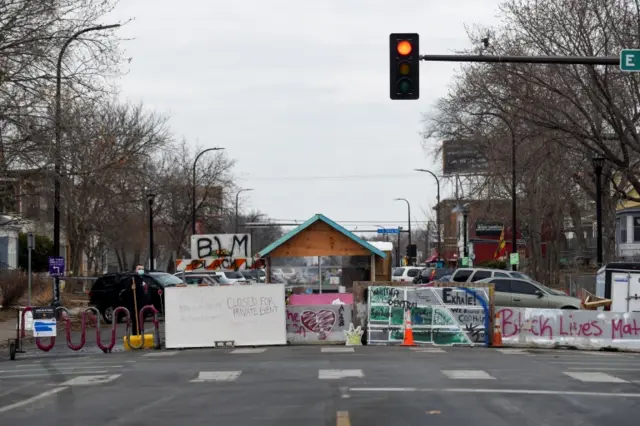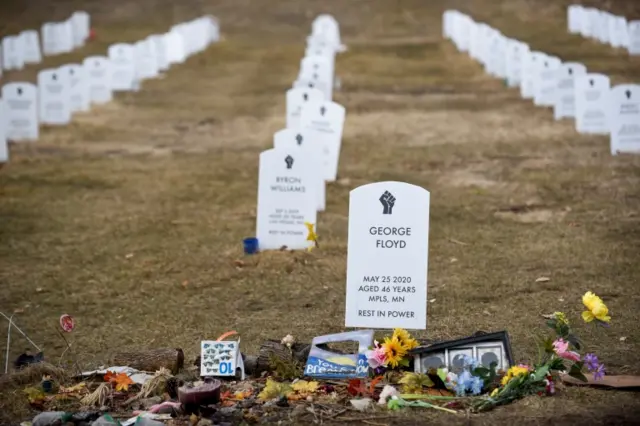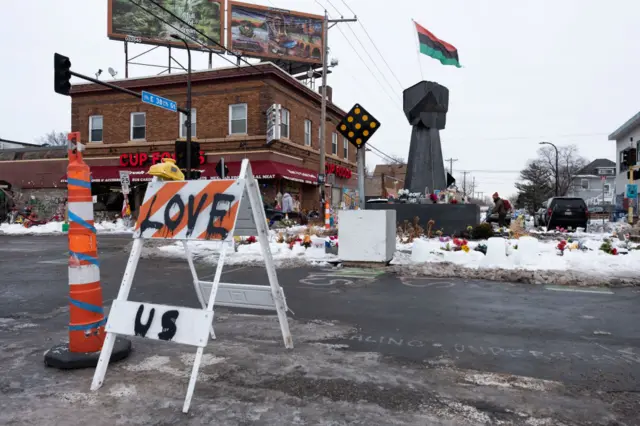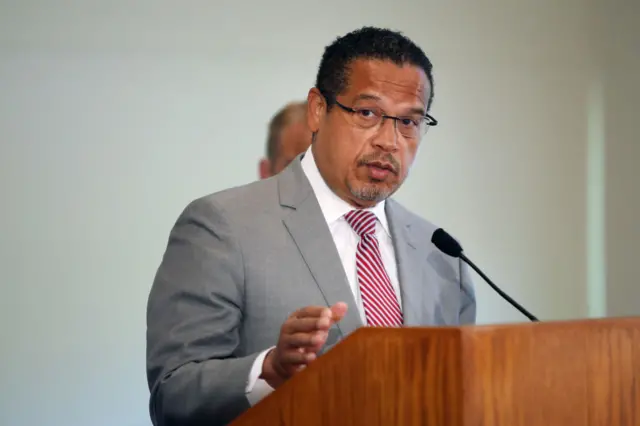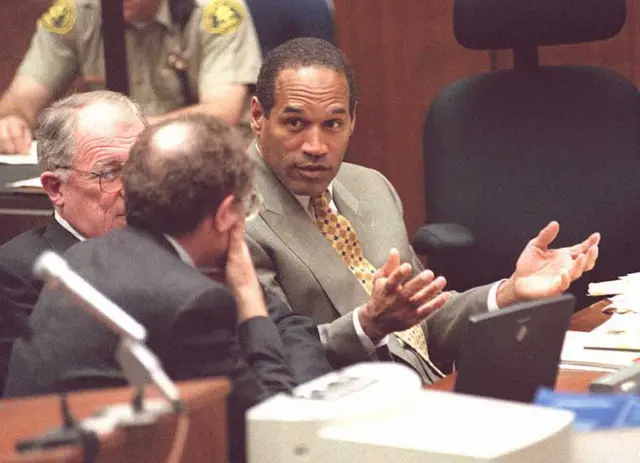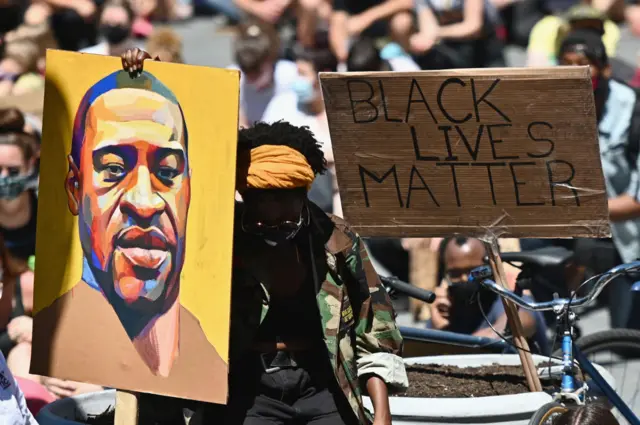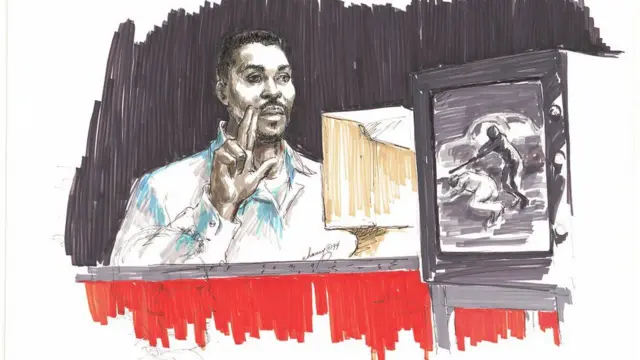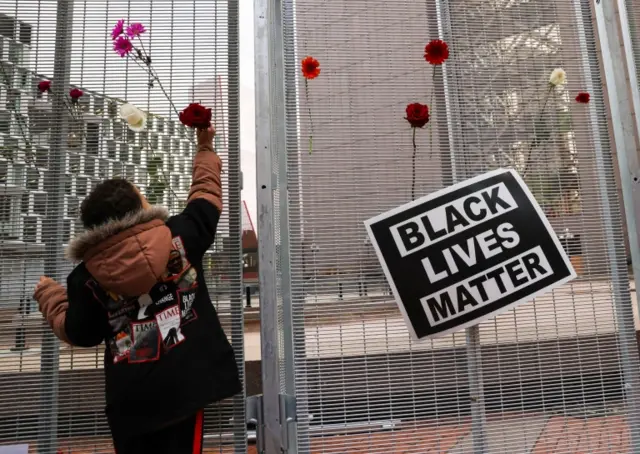Thank you for joining uspublished at 22:57 GMT 9 March 2021
Thank you for following our live coverage of the second day of jury selection in the trial against ex-Minneapolis police officer Derek Chauvin.
Jury selection is expected to take about three more weeks, with the trial itself forecast by the judge to be about four weeks long.
Today's coverage was provided by Sam Cabral, Ritu Prasad, Boer Deng and Max Matza.
